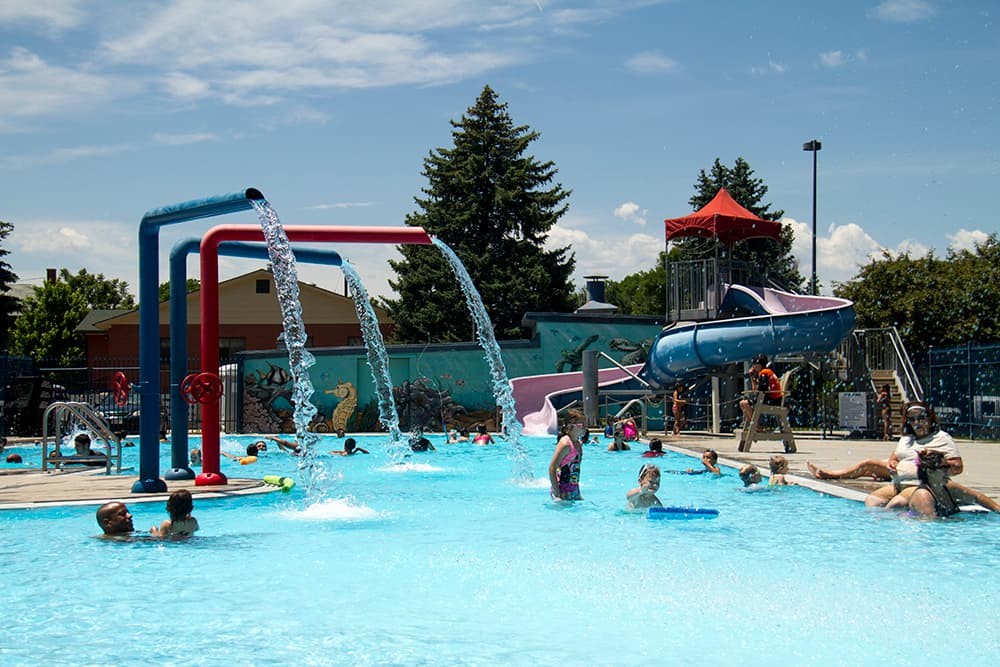
This November, Denver will ask its voters to approve somewhere between $500 and $600 million in new capital projects paid for through a general obligation bond. Councilwoman At-large Robin Kniech wants to set aside a small portion of that -- perhaps $11 million -- to let neighborhoods decide for themselves which projects are most important.
"It's empowering for them to tell us what their highest priority is," Kniech said. "Maybe safety is more important than youth infrastructure or vice versa. And there is this feeling that Denver's growth is challenging, and it gives people more control and influence over how we meet this growth."
We run an occasional opinion feature called "One Big, Crazy Denver Idea," and one of those big, crazy ideas was to let the people make the budget. After all, how the city spends its money is how it expresses its priorities.
(This idea came from Evan Weissman, executive director of Warm Cookies of the Revolution, Denver's civic health club, which is up to some other crazy ideas around civic engagement.)
Kniech's proposal is a much more modest version that's pretty low stakes for the city. There's no risk of a major department not getting funded or the city backing out of a controversial project with strong neighborhood opposition.
And it won't affect the ranking and prioritization process for major needs identified through the general obligation bond project. If a rec center needs major life-safety upgrades, that won't be put through the participatory budget pilot program that Kniech is calling for.
But as a pilot, if it goes well -- if it goes at all -- it could provide a model for other ways to let communities have more say in spending priorities.
The proposal doesn't include enough money to give every neighborhood a shot at the process, but she envisions two to three neighborhoods a year, distributed around the city by council district, having a chance to decide which local need is most important. That could be a bus stop or a playground upgrade, safety improvements at an intersection or a new work-out room at the rec center.
Kniech thinks this idea would also help residents understand how hard the job of elected officials can be.
"They would come out realizing how hard these decisions are and understanding the costs and trade-offs," she said.












